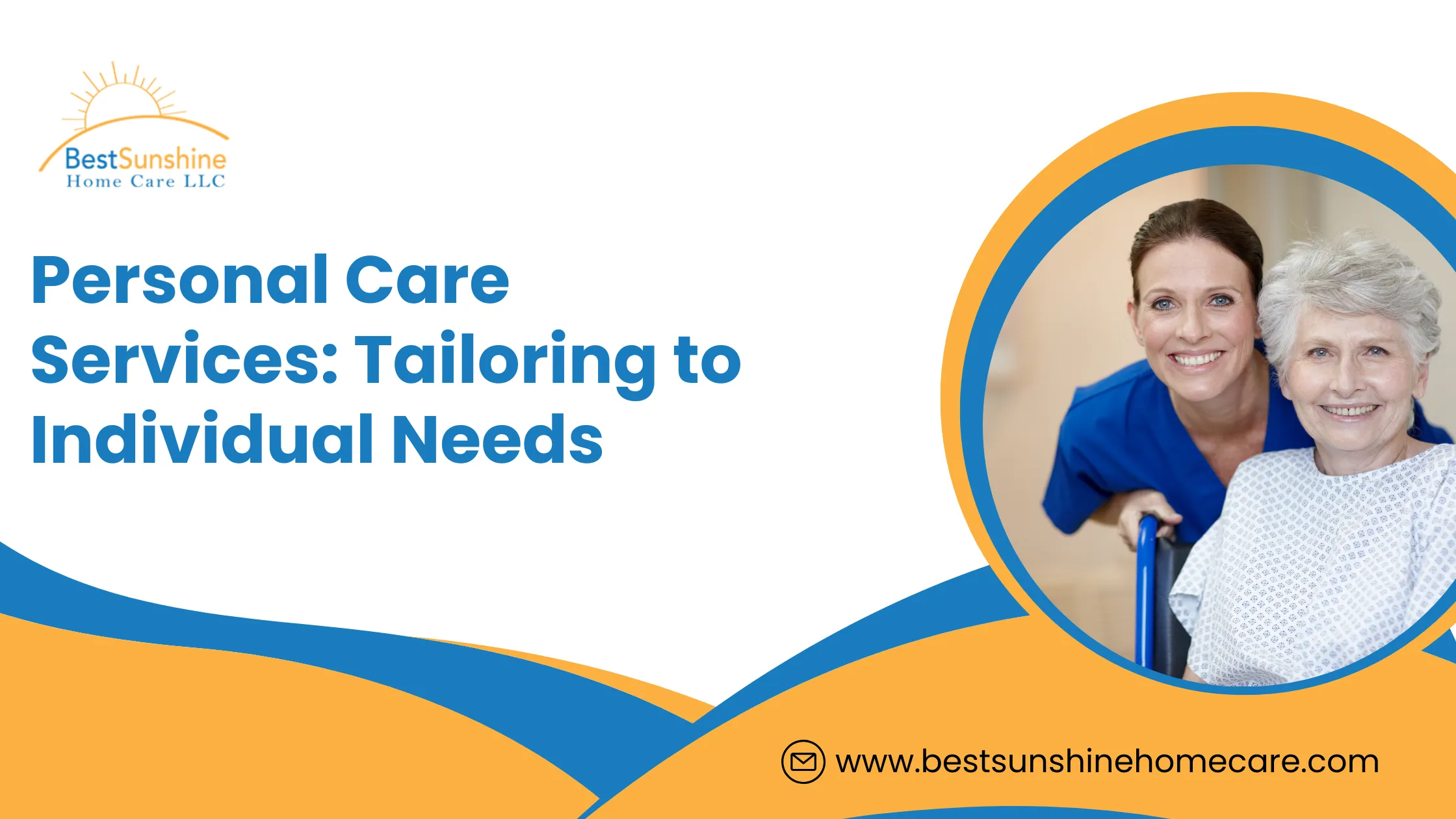Choosing the right care for yourself or a loved one is never simple. Each person has unique routines, habits, and health concerns that shape daily life. That’s why personal care services are designed to adapt. From support with grooming or meals to companionship and reassurance, the right approach helps preserve comfort, independence, and dignity.
When thoughtfully personalized, personal care brings more than assistance. It provides peace of mind for families and makes everyday living smoother and more fulfilling.
Why Standard Care Often Falls Short
No two people share the same needs. Some may benefit from elderly personal care with bathing and mobility, while others only need light help with meals or reminders. In-home personal care offers the right balance, ensuring support without limiting independence.
Unlike generic approaches, personal care services adapt to individual preferences, cultural practices, and daily routines. This flexibility makes care feel natural and respectful rather than rigid or clinical.
Care Planning That Builds Trust
Trust is the foundation of any caregiving relationship. Personal care plans go beyond task lists. They offer reassurance and respect.
Think of a senior with arthritis who needs extra time in the mornings, compared with someone managing memory challenges who thrives with structure. Each case is unique, yet both benefit from care that’s flexible, compassionate, and truly personal.
Everyday Life, Thoughtfully Supported
What makes care feel truly personal are the practical details. Here are some common ways care adapts to daily needs:
- Morning and evening routines: assistance with grooming and dressing at a comfortable pace.
- Meals: support with preparation that considers dietary restrictions and cultural traditions.
- Mobility: gentle help with walking, light exercise, or stretching.
- Medication reminders: friendly prompts that reduce worry without adding stress.
- Companionship: conversation, hobbies, or activities that brighten the day.
This approach makes in-home personal care less about checklists and more about creating comfort in familiar surroundings.
The Human Connection Behind Care
Families often see the difference between routine support and compassionate personal care immediately. A caregiver who knows how someone likes their morning coffee, recalls their favorite show, or respects a nightly ritual brings more than help. They bring connection.
That’s why elderly personal care is so powerful. It strengthens trust, reduces loneliness, and makes each day feel more meaningful.
When It’s Time to Ask for Help
How do you know when professional support is needed? Many families find that balancing work, stress, and caregiving alone becomes overwhelming. That’s when turning to personal care services provides relief and reassurance.
If you’re exploring this step, take a closer look at Personal Care Services at Best Sunshine Home Care. These services adapt to unique needs, giving families confidence and loved ones consistent, thoughtful care.
For additional options, you may also consider Companionship Services or Respite Care, which work alongside personal care to support families.
A Local Provider You Can Trust
Proximity and reputation matter. Families want accessible care close to home, delivered by a team they can rely on. Best Sunshine Home Care proudly serves families throughout Johnson County and surrounding areas.
You can view their Google Business Profile to see reviews and experiences shared by local families.
Choosing Flexible Options for the Future
Making care decisions can feel overwhelming, but breaking them into steps helps:
- Begin small and expand support gradually as needs evolve.
- Involve the individual in planning whenever possible.
- Revisit care plans often to make sure they still fit.
- Balance support with independence to encourage confidence.
By following these principles, families can ensure care remains practical, adaptable, and focused on the individual.
Frequently Asked Questions
1. What is included in personal care services?
Personal care services usually cover assistance with grooming, bathing, dressing, meal preparation, mobility, medication reminders, and companionship. Services are tailored to each person’s needs.
2. How do I know if my loved one needs in-home personal care?
Signs include difficulty with daily tasks like bathing, eating, or moving around safely. Families often notice when independent living becomes challenging, and that’s when support is most helpful.
3. Can personal care services be adjusted over time?
Yes, personal care plans are flexible. They can begin with light assistance and expand as needs evolve, ensuring comfort and independence are always prioritized.
Final Thoughts
At its core, personal care services are about honoring individuality. With in-home personal care supported by flexible personal care plans, families create an environment where independence and dignity can thrive.
Whether it’s assistance with grooming, mealtime support, or meaningful companionship, the right care transforms daily routines into moments of comfort and connection. That’s the promise of truly personalized care.

